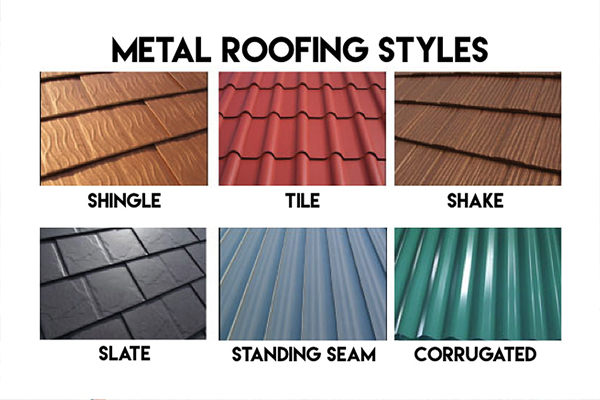When you call Goff Roofing Systems, you’re not just calling another roofing company to come fix a leak. You’re calling a trusted partner who has protected and repair 10’s of thousands of homes and businesses over three decades.
Central Florida's most trusted roofer since 1983.
Your Free Estimate
Enter your contact info below and one of our local roofing experts will get back to you.
Central Florida's most trusted roofer since 1983.
When you call Goff Roofing Systems, you’re not just calling another roofing company to come fix a leak. You’re calling a trusted partner who has protected and repair 10’s of thousands of homes and businesses over three decades.
RESIDENTIAL ROOF TYPES
ASPHALT SHINGLE ROOFS
Most of the time, this is the material you need for your property. Asphalt shingles are the most common type home and business roof material. There are three types of asphalt shingles: 3-tab shingles, dimensional shingles, and premium “luxury” shingles. Every shingle roof we install is warranted and is inspected by trained supervisors to insure our strict quality standards are met.
TILE & CLAY ROOFS
Tile roofing is a very durable system, and adds a beautiful aesthetic to your home exterior. This can help you achieve the look you are looking for without compromise, as well as create looks for your home that will increase in value and not go out of style. Tiling is energy efficient in both the cold and heat, has an extended life span, and has many styles available styles to choose from.
CONCRETE ROOF TILES
If you are considering installing a concrete tile roof, there are a number of different things that you need to think about. Concrete tile presents you with a number of benefits and drawbacks. Benefits include: Concrete is inexpensive, and can withstand quite a bit without being damaged. Unlike other roofing materials, it should not be significantly damaged by wind or hail.
COMMERCIAL ROOF TYPES
METAL ROOFING
Metal roofing comes in a variety of colors and even textures to make it look like wooden shingles or high end tile! No matter the color, style or texture you are looking to find, there is a pretty good chance that you will find exactly what you are looking for! Because of the durability, low maintenance and beauty, adding metal roofing, even in accent areas such as porches or windows immediately increases your home value and asking price.
ALUMINUM ROOF
Benefits include: Aluminum is an excellent reflector of heat. During the summer, aluminum metal roofing can reflect more than 90 percent of the sun’s rays. Since aluminum roofing works to keep your house cooler during the summer and warmer in the winters, you will use considerably less air conditioning. Aluminium shingles have a long life span, and will last years without much wear and tear.
STEEL ROOF
Benefits include: Steel roofs are among the most durable roofing types you will find on the market. Steel has a long history of reliability and resilience in building and construction. Steel is fire resistant, which makes it a protective type of roof to have installed. Steel roofs are versatile and offer more flexibility when it comes to design and style. You can easily change the color by painting, without having to replace the entire roof.
COMMERCIAL FLAT ROOFS
Commercial Flat Roofs are an economical option that requires less materials and labor hours to install. There are a few types of materials to choose from for your commercial property, with multiple warranty options. Flat roofs maximize interior space for offices by using long-span trusses, and are more resistant to Florida UV ray sunlight damage.
SINGLE-PLY TPO ROOF
A common and popular commercial roofing material, Thermoplastic Polyolefin (TPO) is a commercial flat roof single-ply reflective roofing membrane made from polyprophylene and ethylene-propylene rubber polymerized together. It’s installed in a adhered or mechanically attached system that allows the white membrane to be exposed through it’s lifespan.
PVC MEMBRANES
PVC Membranes is a flexible single-ply flat roof material that’s been around for many years, and has proven to provide resistance to heat, dirt, wind, UV, ozone, chemicals, tears, and punctures. They are practically “water-proof”! However, one disadvantage to PVC membranes is their slickness, requiring special handling as workers install it on a roofing project.









